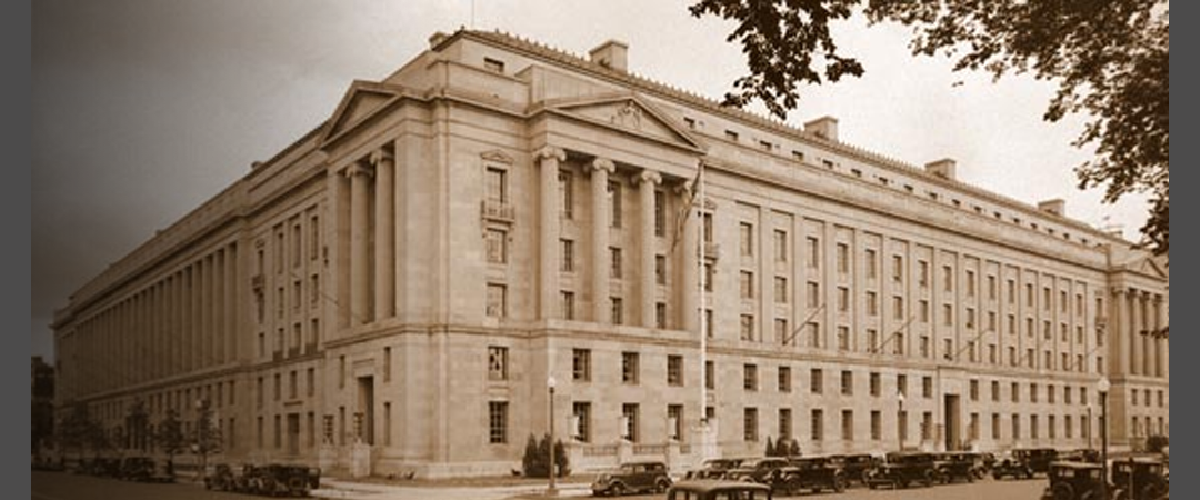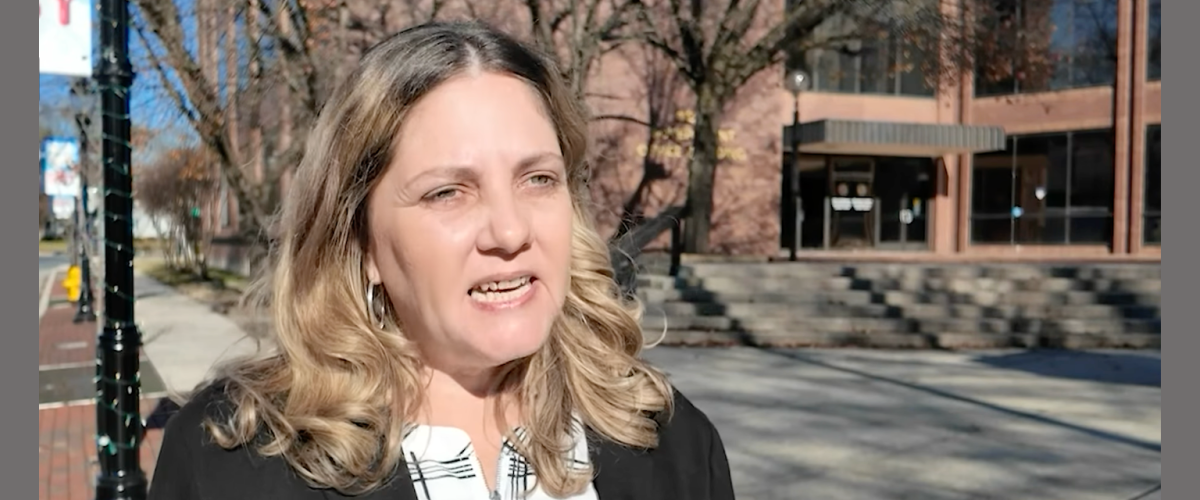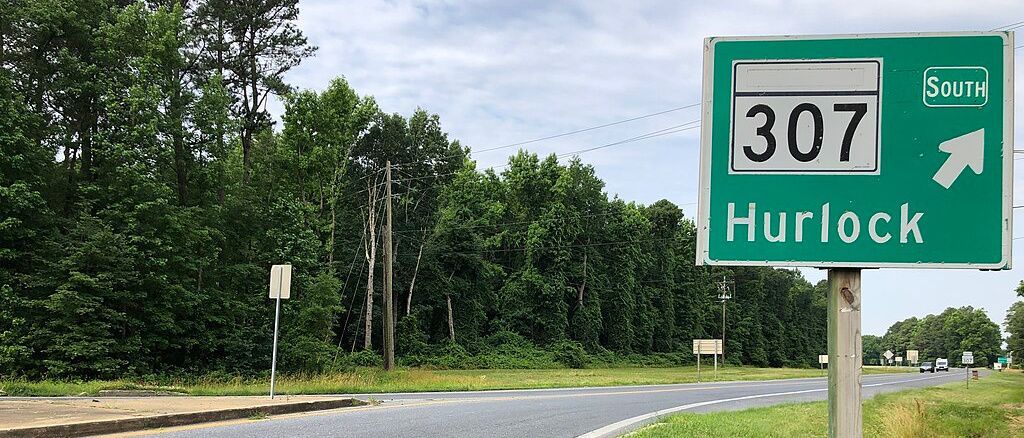The Internet: A Surveillance State's Dream Come True
The internet has been compared to the Wild West with all its associated lawlessness and dangers, along with its benefits and opportunities. But as the internet continues to infiltrate every aspect of our lives and becomes indispensable to modern life, there is increasing activity that starts to favor risks over benefits. Hardly a week goes by without reading headlines about hacking, identity theft, ransomware attacks, and massive data breaches targeted at government agencies, corporations, and individuals.
But another form of malign activity has crept into our online existence that Harvard professor Shoshana Zuboff labels “surveillance capitalism.” This refers to the nominally free internet services billions of people willingly use that allow the providers of those services to monitor, digitize, and sell online behavioral data of users in astonishing detail likely without our explicit consent.
Whenever we agree to the terms of use and permissions of online services and apps, we are giving the service and app providers the legal right to burrow into the deepest recesses of our private lives. Depending on the app, they can use our microphones and cameras, access our contacts, pictures, and documents, read our private email, see our calendars, and track our locations. These “free” apps and services are so useful and convenient that people willingly suspend all reason and common sense, while ignoring the fact that they are surrendering potentially compromising personal information.
But this surveillance isn’t just limited to online apps and services. Online purchasing patterns are scrutinized, intimate details of private lives are captured by smart speakers, and careless social media posts could threaten our privacy, our employment, or expose us to legal jeopardy. We are voluntarily handing over our DNA. Facial recognition combined with artificial intelligence technology is just now emerging. All the information collected is digitized, stored forevermore, and used far beyond our consent and control.
Those of us who lived through the Cold War era were alarmed by the flagrant state surveillance of secret police organizations like the KGB and the Stasi in Eastern bloc countries. But we took comfort knowing this sort of thing would never, and could never happen in an open and free society protected by a bullet-proof constitution, structural checks and balances on government power, and a free press. But now, only 30 years after the demise of the Stasi, we are building and deploying a surveillance capability that former autocratic regimes could never have imagined. They would never have believed people would so compliantly carry surveillance devices in their pockets or install them in their homes, let alone give up so much personal information without threat or coercion.
The internet has no rules, regulations, or central governance. There is no regulatory oversight of privatized surveillance. Are our democratic institutions really up the task of protecting us against these kinds of 21st Century threats?
Common Sense for the Eastern Shore








